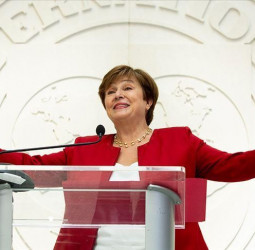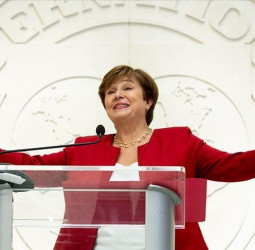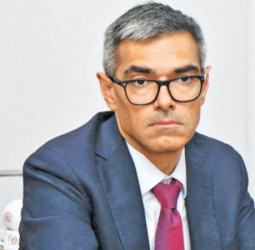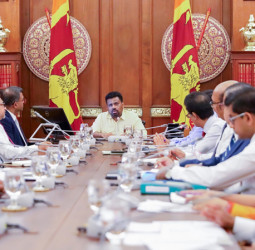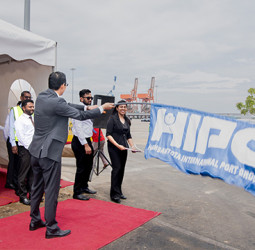Prof. P P A Wasantha Athukorala noted that the IMF program formed economic conditions for the temporary reprieve in the construction sector. He however noted that broad macro-economic variables had pushed the costs of the sector quite high.
Athukorala was speaking at a recent seminar on Sri Lanka’s economic recovery conducted by the Chamber of Construction Industry of Sri Lanka. He emphasized the positive effects of the IMF package on the country’s construction sector. The IMF’s support, combined with financial aid from India and China, has provided much-needed short-term relief to the sector, which has been severely affected by Sri Lanka’s prolonged economic crisis.
He explained that the government’s decision to restructure domestic and foreign debt, combined with the IMF’s financial assistance, has allowed the country to ease its financial burdens and redirect resources toward critical sectors like construction.
“The IMF package, along with debt restructuring, has created a temporary reprieve for the economy,” said Prof. Athukorala. “We’ve managed to gain short-term relief from our debt payments, which has given sectors like construction some space to recover.”
He noted that the industrial sector, which includes construction, has already shown signs of improvement. In 2023, the sector recorded an impressive 11.8% growth. “This is a positive development,” he said, “and it shows that despite the challenges, certain sectors of the economy are beginning to recover, thanks in part to the financial stability provided by the IMF program.”
However, Prof. Athukorala cautioned that the country’s economic challenges are far from over. He highlighted the ongoing struggles posed by inflation, currency depreciation, and high interest rates, all of which continue to affect the construction sector’s operations.
The depreciation of the Sri Lankan rupee, which has dropped from 200 to 363 per US dollar, has significantly increased the cost of imports, making it more expensive for the construction sector to source essential materials. “The exchange rate depreciation was one of the most significant challenges for the sector,” he explained. “While the IMF package has helped stabilize the economy, the high cost of materials due to the weaker currency remains a substantial burden.”
Prof. Athukorala also pointed to the broader economic improvements seen in recent months. Government borrowing, which had previously drained capital away from private investment, has been reduced, making more funds available for private sector investments, including in construction. He also highlighted the importance of remittances and tourism, which have increased the country’s foreign reserves, helping to stabilize the economy further.
“Our economic recovery has been achieved at a significant cost, but the construction sector has benefited from the short-term relief provided by the IMF package,” said Prof. Athukorala. “However, much work remains to ensure long-term stability.”
While the IMF program has helped alleviate immediate pressures, the professor stressed that more structural reforms are needed for sustainable growth in the sector. TP
Source: Daily News


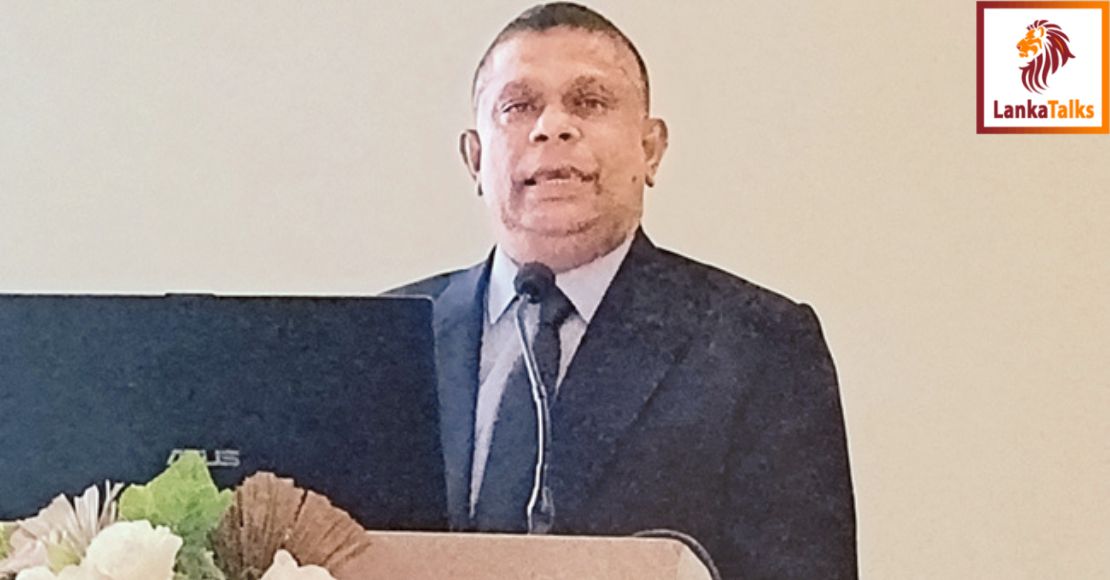
 Mifra
Mifra